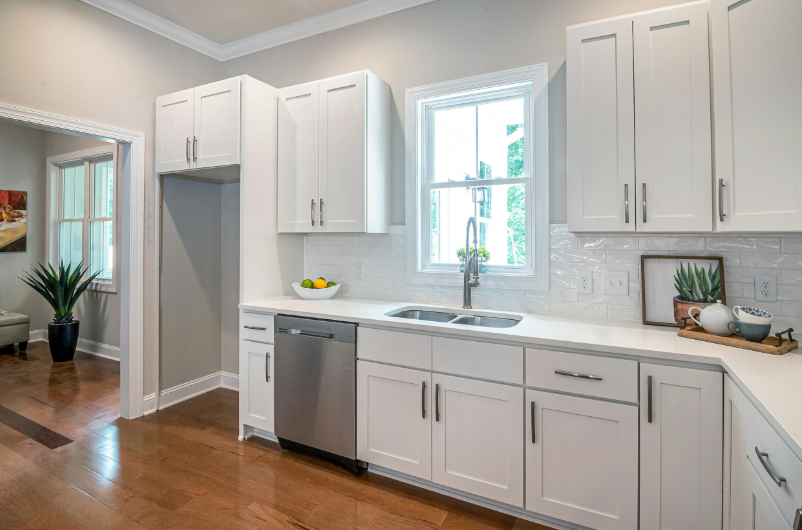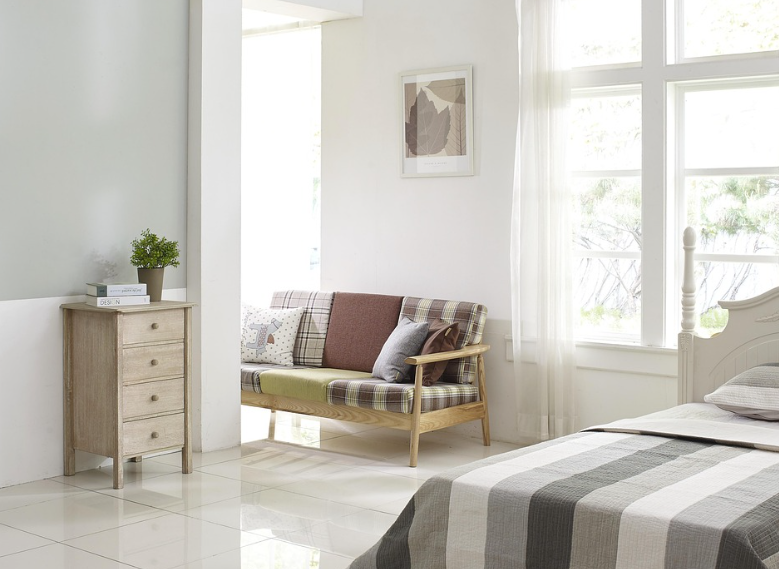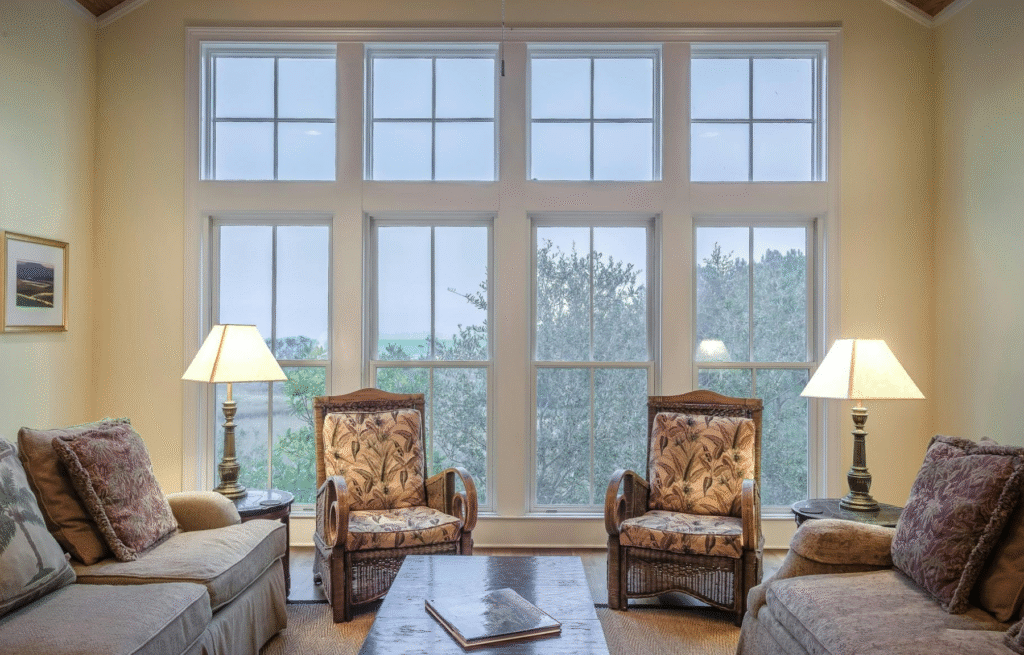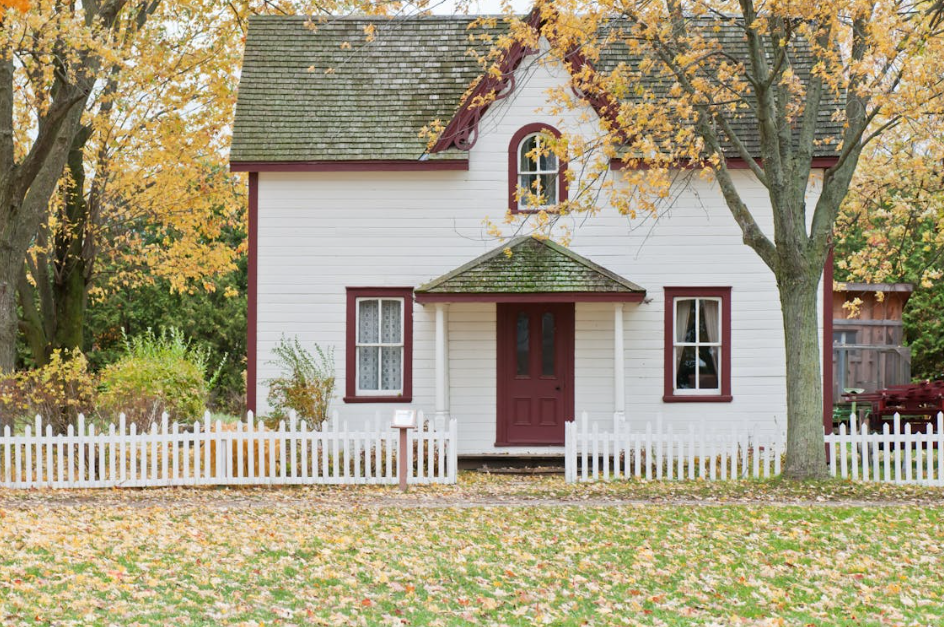In today’s commercial landscape, success increasingly depends on how well a property anticipates tomorrow’s challenges.
Whether it’s an office block, retail hub or industrial unit, buildings must now do more than look modern — they must perform, endure, and evolve. Among the elements driving this transformation is the rise of aluminum windows — a sleek, high-performance solution helping to future-proof commercial properties in a rapidly changing built environment.
Meeting the Demands of Modern Construction

The expectations placed on commercial architecture are shifting. Developers, tenants, and regulators alike are demanding buildings that combine form with functionality: sustainable, durable, and design-forward.
Aluminium answers all three. As a highly recyclable and low-maintenance material, it aligns naturally with green building frameworks and the UK’s broader net-zero ambitions. Its long lifecycle makes it an attractive alternative to uPVC or timber, reducing the need for costly replacements and ongoing upkeep — critical for facilities management in large-scale commercial projects.
Energy Efficiency and Thermal Performance
Energy performance is fast becoming a prerequisite rather than a plus point. In offices, retail spaces and warehouses, inefficient windows can lead to soaring energy bills and low EPC ratings, which can, in turn, hinder new lets in the future.
Contemporary aluminum windows incorporating thermally broken frames provide excellent insulation properties; helping to trap heat in the winter and keep buildings nice and cool in the summer. Making significant strides towards energy-saving initiatives, reduced running costs and compliance with stricter building regulations.
Design Flexibility for Evolving Business Needs

Commercial spaces must now accommodate more than one use over time. From flexible office layouts to mixed-use developments, adaptability is key.
Thanks to aluminium’s high strength-to-weight ratio, architects can specify larger glazed surfaces without compromising structural integrity. This allows for bolder, more open designs that maximise natural light — a factor shown to improve employee wellbeing, customer experience, and overall productivity.
Aluminium also supports complex façade systems and modular construction methods, giving developers the creative and functional flexibility needed for 21st-century commercial builds.
Enhancing Property Value and Long-Term Viability
These systems offer superior weather resistance, enhanced security, and low-maintenance durability — benefits that extend a building’s lifespan and protect its long-term viability.
Why Manufacturers Like Aluprof Lead the Way

Industry leaders such as Aluprof are setting the standard for innovation in commercial glazing systems. Their aluminium window solutions combine sleek, contemporary design with advanced energy efficiency, acoustic performance, and durability.
With a deep understanding of modern construction needs, Aluprof supports architects and developers with tested, certified systems that meet the challenges of tomorrow’s built environment — from smart cities to sustainable business parks.
Conclusion
Future-proofing isn’t just about staying ahead of trends — it’s about building for resilience, compliance, and adaptability. With aluminium windows at the core, commercial properties are better equipped to meet today’s demands while anticipating what’s next.
I’m Laura Wilson, a passionate blogger and content creator with a deep interest in business, finance, and entrepreneurship. I’ve had the opportunity to write for several premium blogs, sharing insights & practical advice for individuals & small businesses. I’m the founder and publisher of ukbusinessmag.co.uk, where I focus on creating valuable, easy-to-understand content to help UK startups & SMEs grow.



